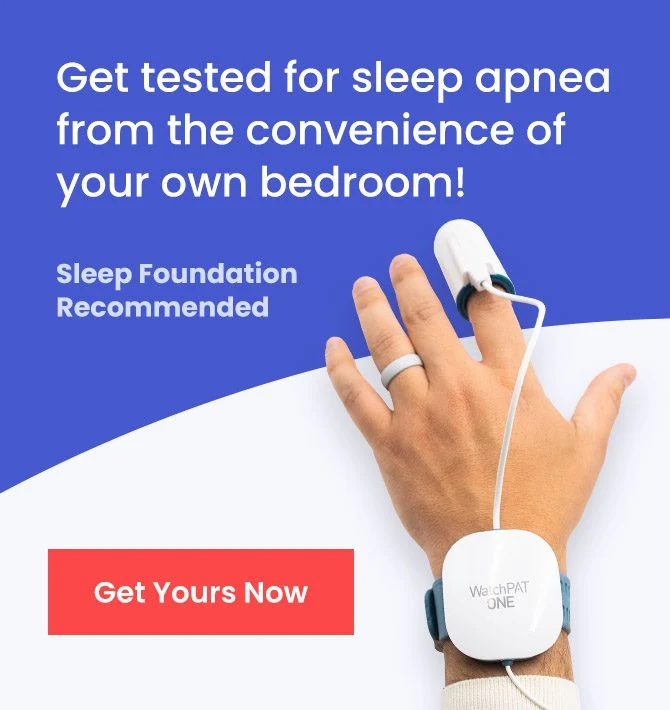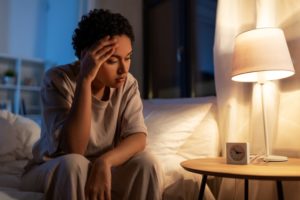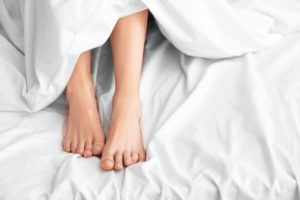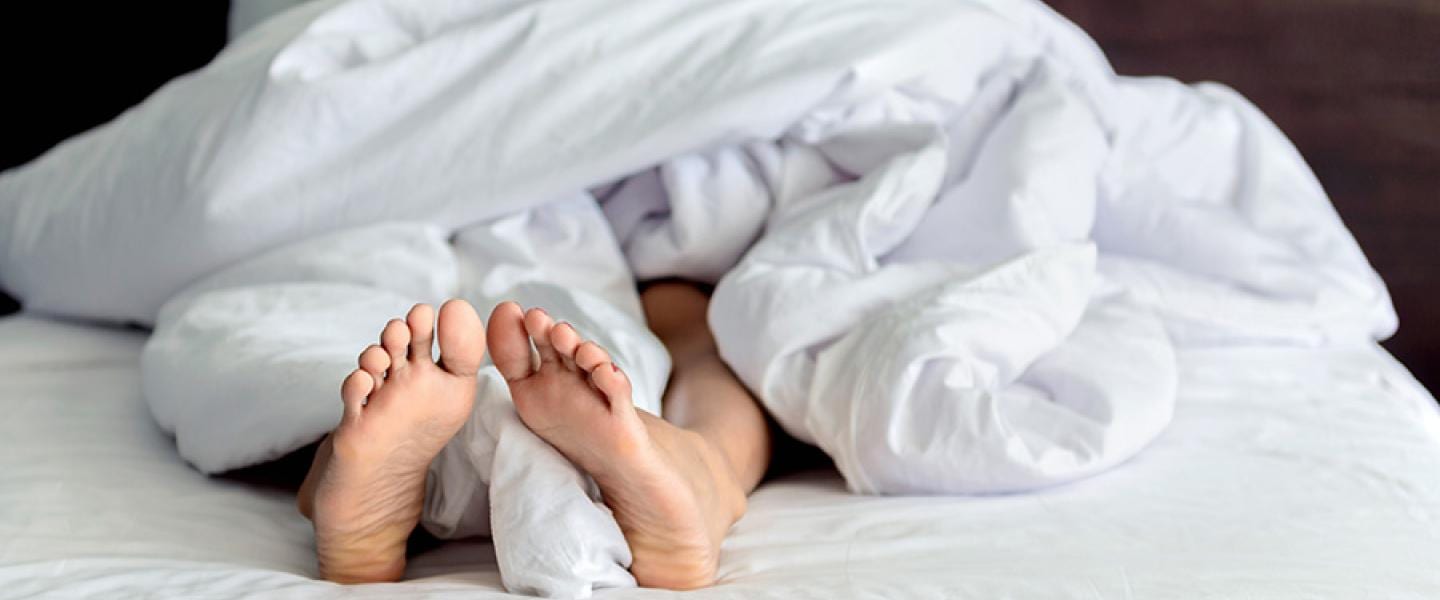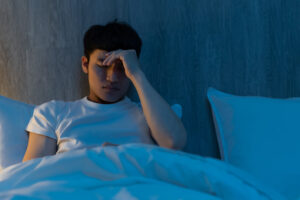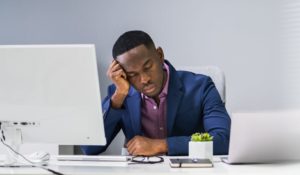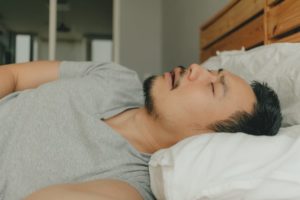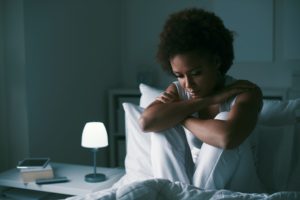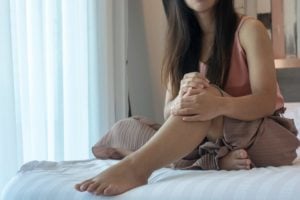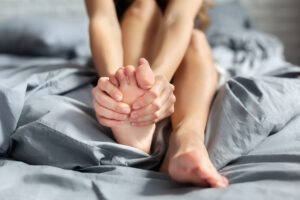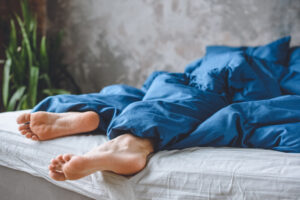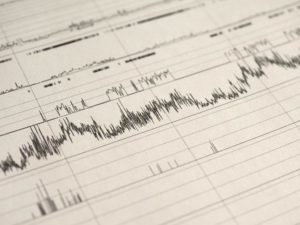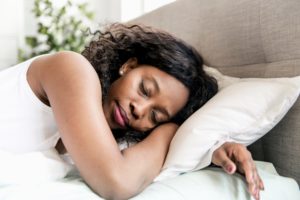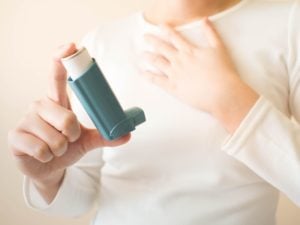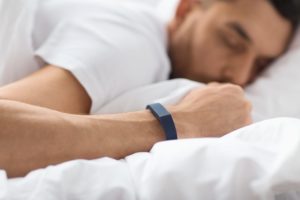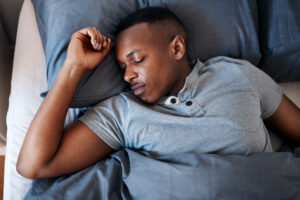When you buy through our links, we may earn a commission. Products or services may be offered by an affiliated entity. Learn more.
How to Stop Grinding Teeth: Effective Prevention Strategies
- Treatment for teeth grinding involves managing discomfort and avoiding triggers.
- Mouth exercises and massages can help reduce pain and relieve muscle tension caused by teeth grinding.
- Mouthguards, stress reduction, and medication may reduce or eliminate sleep disruptions and tooth damage.
- If you grind your teeth or clench your jaw at night, talk with your doctor or dentist.
Bruxism is clenching and grinding of the teeth that happens involuntarily. In sleep bruxism, this forceful grinding happens while a person is asleep. Sleep bruxism is most common in children, adolescents, and young adults but can affect people of any age.
During sleep, people generally aren’t aware of their teeth grinding and can apply substantial pressure — up to 250 pounds of force — that can wear down the teeth, cause jaw and neck pain, induce headaches, and lead to long-term problems with the temporomandibular joint (TMJ).
While there is no cure to completely stop teeth grinding, treatment can reduce its frequency , decrease its impact, and relieve symptoms. In addition, home care tips can make it easier to cope with sleep bruxism.
Treatments for Sleep Bruxism
Not everyone with sleep bruxism needs treatment, but when there are frequent symptoms of morning headaches and jaw pain, unrefreshing sleep, or risk for long-term damage to teeth, a number of treatment options may be considered.
Treatment for sleep bruxism can involve multiple components to both manage pain and other symptoms and also reduce the severity of teeth grinding and its potential consequences.
While there are steps you can take at home to help with teeth grinding, it’s important to talk with your dentist or doctor who can recommend the optimal treatment in your specific situation.
Home Care Tips for Coping With Sleep Bruxism
Several home care tips can help prevent and address irritation of the teeth, jaw, and neck from sleep bruxism:
- Avoid hard foods like nuts, popcorn, and many hard candies
- Be cautious with peanut butter and other sticky foods that are difficult to chew
- Don’t chew gum
- Adjust your sleeping position or pillow for additional head and neck support
- Use a hot compress or an ice pack to soothe pain
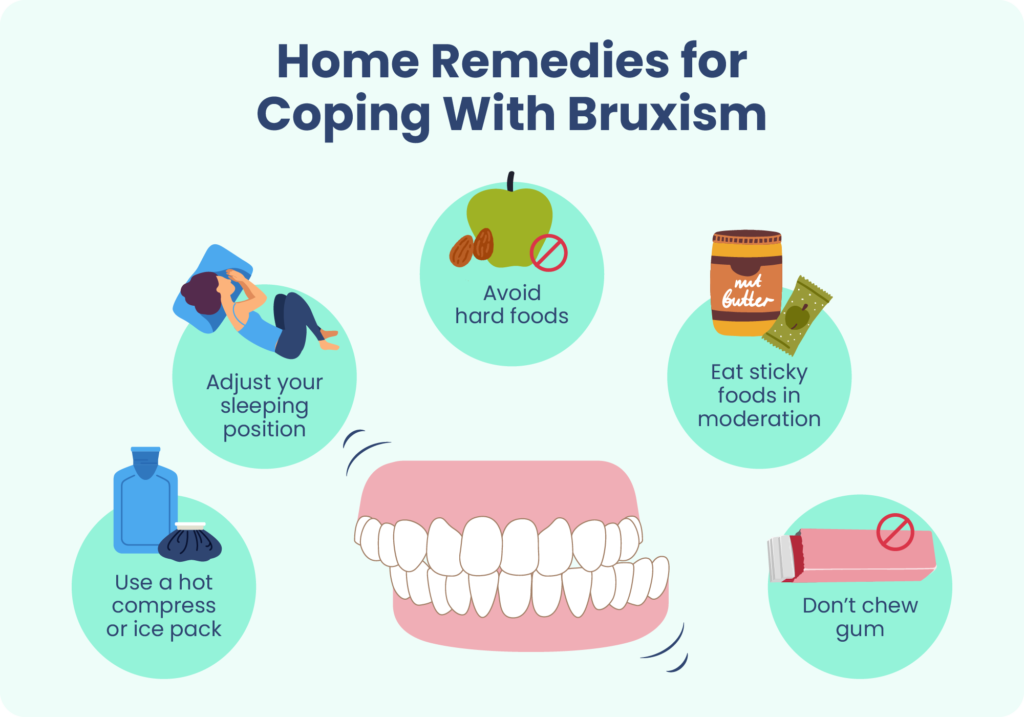
Mouth Exercises To Cope With Sleep Bruxism
Several mouth exercises can help reduce pain and improve range of motion in the jaw . A few minutes of these exercises several times per day may help relax and stretch the muscles involved in tooth grinding and clenching.
One exercise that has been shown to relax the muscles involved in teeth grinding follows these steps:
- Close your lips gently while preventing your top and bottom teeth from touching
- Press your tongue against the roof of your mouth without it touching your teeth
- Hold this position for as long as you can
Another exercise is designed to help with movement of the jaw:
- Put your hands on your TMJ joints (where the lower jaw connects)
- Slowly open your mouth
- Hold your mouth open for 5-10 seconds
- Slowly close your mouth
- Perform 3 times per day, exercising for 10 minutes each time
To develop a specific exercise routine, talk with your doctor or dentist. A referral to a physical therapist can provide an opportunity to work hands-on to create a regimen of mouth exercises. This can ensure that you do the exercises properly to avoid injury and get the maximum level of muscle relaxation.
Massage
Some patients benefit from head-and-neck massages to relieve muscle tension and pain points related to teeth grinding. A massage therapist or physical therapist may provide massage or demonstrate techniques that can be used at home to relax the jaw and nearby muscles.
Mouthguards
Mouthguards, sometimes called night guards or dental splints, are worn during sleep to combat teeth grinding. These mouthpieces hold the jaw in a certain position and/or provide a barrier to minimize tooth damage from grinding. Some mouthguards also place the jaw in a slightly open position, allowing the masseter muscles (chewing muscles) to relax all night. While they don’t cure sleep bruxism, mouthguards can decrease the impact of bruxism, reduce the wear-and-tear of teeth, reduce morning headaches, and improve sleep quality.
Another type of mouthpiece is a mandibular advancement device (MAD), which is best known for its use to reduce chronic snoring and mild obstructive sleep apnea. A MAD is held in place by the teeth and positions the lower jaw forward, helping to keep the airway open and in some cases limiting the extent of teeth grinding. This is typically used when bruxism is present with sleep apnea.
Some mouthguards and MADs are available over-the-counter and can be adjusted to fit your mouth, but many patients get custom mouthpieces that are molded by a dentist .
Stress Reduction
Stress is a common contributor to teeth grinding , so relaxation techniques are a natural approach to help. Employing relaxation methods can be a big part of sleep hygiene, and getting better sleep can empower a person to respond to stress in a healthier way.
Medications
In certain refractory and severe cases that persist despite conventional treatment, medications may be considered by a healthcare professional. Medications for bruxism may not be effective, and all have potential side effects. Several types of medications, including botox injections, may be considered when teeth grinding is severe. These medications work by trying to decrease activity in the facial muscles. Discuss the risks and benefits of bruxism treatment options with your healthcare provider prior to starting treatment.
Tips for Bed Partners of People Who Grind Their Teeth
Bed partners are often distracted by the noise of teeth grinding and have a hard time getting the sleep they need. Several steps may help avoid this disruption and sleep better:
- Encouraging their partner to see a doctor or a dentist for treatment
- Wearing ear plugs or headphones to block out the sounds of teeth grinding
- Use a fan or white noise machine to generate background sounds that make teeth grinding less noticeable
When Should You See a Doctor About Sleep Bruxism?
If you have pain in your mouth, jaw, or neck from grinding your teeth, you should talk with your doctor or dentist. Sleep bruxism can cause serious harm to your oral and sleep health, and a health professional can help prevent more serious problems down the road.
A doctor or dentist can also identify if your teeth grinding occurs alongside other conditions, such as obstructive sleep apnea (OSA) or gastroesophageal reflux disease (GERD), which may require further testing or treatment.
References
7 Sources
-
Hennessy, B.J. (2020, June). Teeth grinding. Merck Manual Consumer Version., Retrieved August 18, 2020, from
https://www.merckmanuals.com/home/mouth-and-dental-disorders/symptoms-of-oral-and-dental-disorders/teeth-grinding -
A.D.A.M. Medical Encyclopedia. (2018, February 5). TMJ disorders., Retrieved August 18, 2020, from
https://medlineplus.gov/ency/article/001227.htm -
Yap, A. U., & Chua, A. P. (2016). Sleep bruxism: Current knowledge and contemporary management. Journal of Conservative Dentistry : JCD, 19(5), 383–389.
https://pubmed.ncbi.nlm.nih.gov/27656052/ -
A.D.A.M. Medical Encyclopedia. (2018, February 5). Bruxism., Retrieved August 18, 2020, from
https://medlineplus.gov/ency/article/001413.htm -
Bae, Y., & Park, Y. (2013). The Effect of Relaxation Exercises for the Masticator Muscles on Temporomandibular Joint Dysfunction (TMD). Journal of physical therapy science, 25(5), 583–586.
https://pubmed.ncbi.nlm.nih.gov/24259807/ -
Hennessy, B. J. (2020, May). Merck Manual Professional Version: Bruxism., Retrieved August 18, 2020, from
https://www.merckmanuals.com/en-ca/professional/dental-disorders/symptoms-of-dental-and-oral-disorders/bruxism -
Wieckiewicz, M., Paradowska-Stolarz, A., & Wieckiewicz, W. (2014). Psychosocial aspects of bruxism: the most paramount factor influencing teeth grinding. BioMed research international, 2014, 469187.
https://pubmed.ncbi.nlm.nih.gov/25101282/



